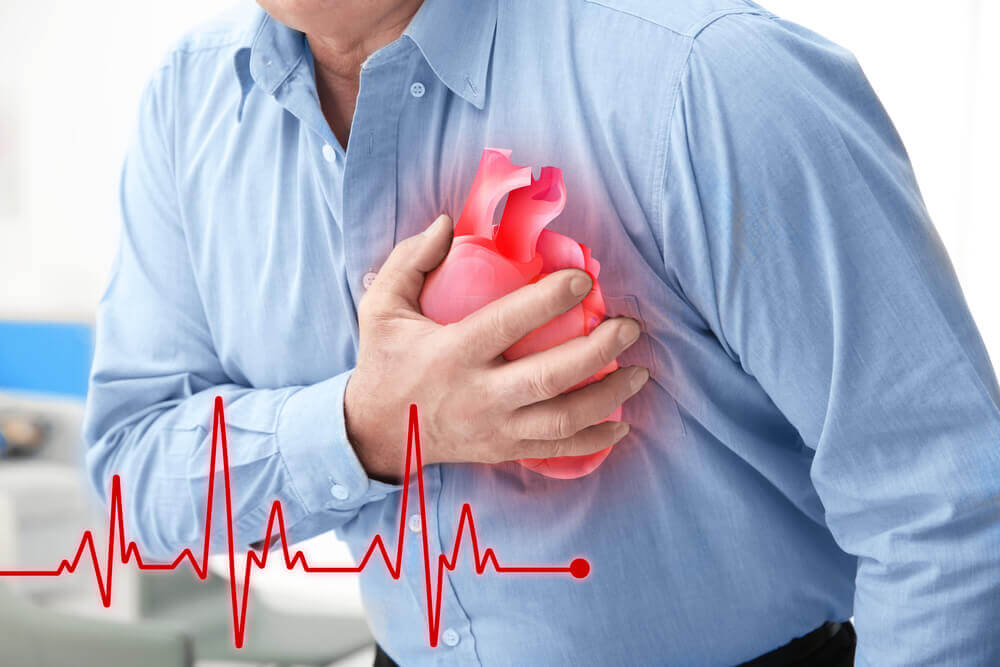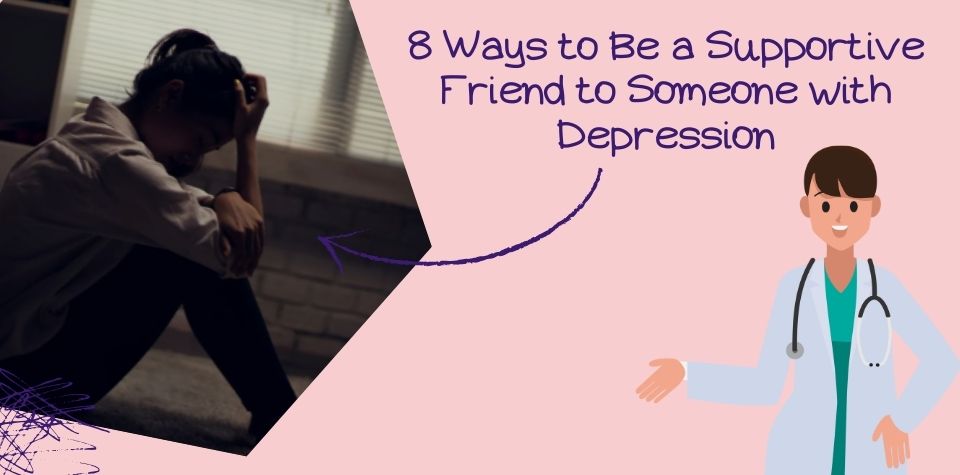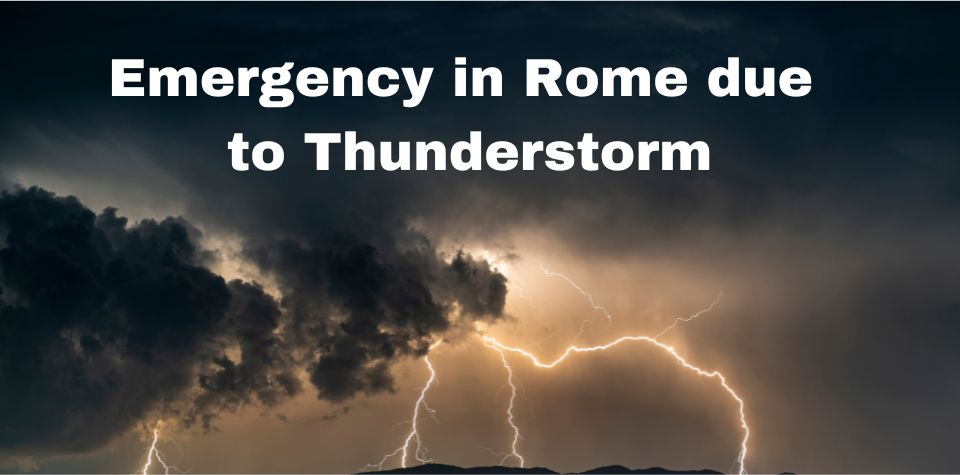A heart attack generally happens when there is a major reduction or obstruction in the blood supply to the heart. The blockage is generally due to a buildup of cholesterol, fat, and other substances in the coronary (heart) arteries. Plaques are the deposits that are greasy and high in cholesterol. It is known as atherosclerosis, the process of plaque accumulation.
A plaque may occasionally burst and create a clot that stops blood flow. A lack of blood flow may destroy or harm part of the heart muscle.
When does a Heart attack occur
A heart attack happens when an artery that supplies oxygen (O2) and blood to the heart is blocked. Over time, deposits of fat and cholesterol accumulate in the heart’s arteries to form plaques.
A blood clot may occur if a plaque breaks. The clot may block arteries, causing a heart attack. The tissue in the heart muscle dies during a heart attack due to a reduction in blood flow.
Another name for a heart attack is myocardial infarction. To avoid death, a heart attack requires immediate medical attention. You may call your nearby helpline number or seek urgent medical help if you think you might be having a heart attack.
Symptoms
Heart attack symptoms can vary. Some people only experience minor symptoms. Some experience quite severe symptoms. Few people don’t exhibit any symptoms.
Common symptoms of heart attack include-
- Chest discomfort that may feel like tightness, pressure, squeezing, pain, or aching
- Discomfort or pain that spreads to the back, shoulder, arm, jaw, neck, teeth or occasionally the upper belly
- Fatigue
- Cold sweat, nausea
- Sudden dizziness or lightheadedness
- Shortness of breath
Unusual symptoms in women can include sudden, intense pain in the back, arms, or neck. Sudden cardiac arrest can occasionally be the initial indication of a heart attack.
Specific heart attacks happen unexpectedly. However, a lot of people experience symptoms and warning indications hours, days, or weeks in advance. Angina, or persistent chest pressure that does not go away with rest, may be an early warning indication of more severe problems. Angina is caused by a transient reduction in the heart’s blood supply.
When to see a healthcare expert
You should get emergency medical help if you think you are having a heart attack. You may take these steps-
Call for emergency medical attention
Dial 911 or your local emergency number right away if you think you are experiencing a heart attack. If you do not have access to urgent clinical services, have someone drive you to the closest hospital. Only drive oneself if you have no other choice.
If prescribed to you by an experienced healthcare expert, take nitroglycerin
You should take it as instructed while awaiting emergency medical help.
If recommended, take aspirin
Using aspirin during a heart attack may lower the chance of heart damage by preventing blood clotting.
Aspirin and other medications may interact. Unless directed by your healthcare physician or emergency medical staff, avoid taking aspirins. Take an aspirin and contact 911 as soon as possible. First, make an emergency help call.
Causes of heart attack
Most heart attacks are mainly caused by coronary artery disease. One or more of the heart’s (coronary) arteries are blocked in coronary artery disease. It is generally due to cholesterol-containing deposits known as plaques. Plaques may narrow the arteries, lowering blood flow to the heart.
If a plaque breaks pen, it may cause a blood clot in the heart. A heart attack might be caused by a complete or partial blockage of a coronary artery. If an ECG or EKG reveals any particular abnormalities (ST elevation) that call for immediate, invasive treatment, that information can be used to categorize heart attacks. Your healthcare expert may describe these kinds of heart attacks based on the results of an electrocardiogram (ECG).
An ST elevation myocardial infarction is typically indicated by an immediate total blockage of a medium- or large-sized cardiac artery (STEMI).
A non-ST elevation myocardial infarction (NSTEMI) is frequently indicated by a partial blockage. Nonetheless, a complete blockage may occur in certain patients with non-ST elevation myocardial infarction (NSTEMI).
Blocked arteries are not the cause of every heart attack. Other causes are-
Coronary artery spasm
This is a severe, unblockable blood vessel squeezing. The artery commonly has cholesterol plaques, or there is an early hardening of the vessel due to smoking or a few other risk factors. Vasospastic angina, Prinzmetal’s angina, and variant angina are other terms for coronary artery spasms.
Specific infections
Viral infections, including COVID-19, have the potential to harm cardiac muscle.
SCAD or spontaneous coronary artery dissection
An internal tear in a cardiac artery is the source of this potentially fatal condition.
- Risk factors of heart attack
- The risks of a heart attack include-
- Tobacco use
- Age
- High BP
- Triglycerides or high cholesterol
- Diabetes
- Obesity
- Metabolic syndrome
- Past experience with heart attacks
- Unhealthy diet
- Stress
- Illegal medicine use
- A past experience of preeclampsia
- An autoimmune condition
Prevention
Here are a few effective ways to prevent a heart attack-
Follow a healthy lifestyle- You should avoid smoking. Try to manage a healthy weight with a heart-healthy diet. Get daily exercise and handle stress.
Manage other health issues- Specific conditions, such as diabetes and high BP, may enhance the risk of heart attacks. You should ask your healthcare expert how frequently you need checkups.
Take medicines as instructed- Your healthcare expert may prescribe drugs to improve and protect your heart health.
It’s also a fantastic idea to learn CPT correctly so you may help someone who’s having a heart attack.
Also read- https://viralinfos.com/dialectical-behavior-therapy-dbt/












One thought on “All About Heart Attack”